Robot news anchor raises eyebrows in Russia0
- From Around the Web, Science & Technology
- April 24, 2019
A human-like robot known as ‘Alex’ has recently been deployed as an anchor on a Russian news channel.
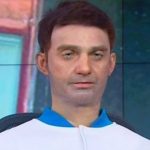
A human-like robot known as ‘Alex’ has recently been deployed as an anchor on a Russian news channel.

What defines the Pacific Northwest in the popular imagination? Surely a mix of stereotypical images comes to the average American’s mind: serial killers and indie rockers, strong coffee and liberal politics.
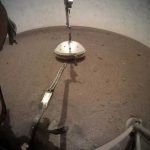
Here’s what a rumbling Red Planet sounds like
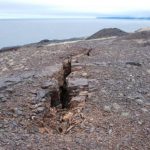
On Good Friday, hundreds of people heard a loud bang, then felt the floor shake beneath them
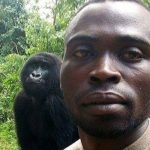
A striking photograph taken by an anti-poaching ranger has been described as ‘just another day in the office.’
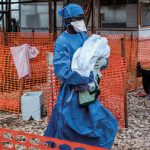
New data show that an experimental Ebola vaccine is “highly effective” and appears to have helped contain a long-lasting outbreak of the deadly disease in the Democratic Republic of the Congo.
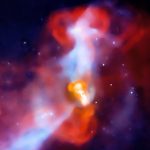
Its diameter suggests the black hole is 6.5 billion times the mass of the sun

President Donald Trump recently called for a “Space Force” to defend the United States’ extraterrestrial operations. Russia, China, and India have also beefed up their military capabilities in space. Are we headed for a cosmic conflict?

In 2018, a team of astronomers from the United States and Canada discovered that an ultra-diffuse galaxy called NGC 1052-DF2 (DF2 for short) contains virtually no dark matter. The galaxy is roughly the size of our Milky Way Galaxy, but hosts only 1/200 the number of stars. It lies in the constellation of Cetus, about 65 million light-years away, and is a member of the NGC 1052 group of galaxies. Now, the team reports the discovery of a second galaxy in this class, residing in the same group.

Guatemalan ‘potbelly’ sculptures suggest people knew about magnetism more than 2,000 years ago



